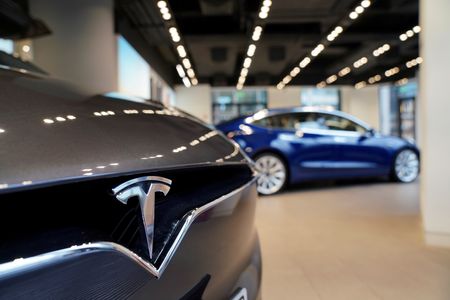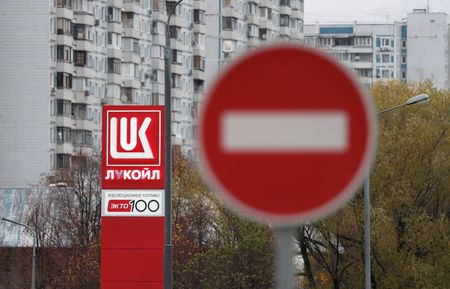By America Hernandez
PARIS -French oil major TotalEnergies expects global oil demand to rise until 2040 before declining gradually as energy security concerns and a lack of political coordination slow efforts to cut emissions, it said in its annual energy outlook report on Tuesday.
The forecast is an upward revision from last year, reflecting U.S. President Donald Trump’s partial rollback of green subsidies and resumption of licences for liquefied natural gas plants, as well as coal plant installations in Asia and slowing sales of electric vehicles globally.
The report outlines three scenarios: current trends, a moderately ambitious “momentum” scenario, and a “rupture” scenario aligned to the Paris Agreement.
“We can present this rupture scenario, but given the level of political fragmentation, the probability of its success is diminishing, even out of reach, because the international coordination required is not what we see today,” CEO Patrick Pouyanne told a press briefing.
OIL DEMAND RISING UNTIL 2040
Pouyanne said that TotalEnergies decided not to forecast the year oil demand will peak because of “conflict between my colleagues about which exact year in the 2030s it will hit and the political attention around this debate”.
The report shows oil demand rising nearly 5% to 108 million barrels per day in 2040 under current trends, driven mainly by India, with global consumption then dropping to 98 million bpd in 2050.
Under Total’s momentum scenario, oil demand would be 79 million bpd in 2050. The Paris-aligned scenario would see consumption fall to 55 million bpd in 2050.
US AND CHINA: OLD AND NEW ENERGY SUPERPOWERS
While last year’s report said the U.S. would set the pace of global energy transition, Pouyanne said on Tuesday that China is now the leader. The U.S., he said, remained the superpower of conventional oil and gas only.
“China in 10 years has become the clean tech superpower, the new energy supermajor, and it’s spectacular; they must have an 80% market share in all the technologies we need tomorrow,” Pouyanne said.
“It’s a reality. We can cry about it, or we can say it’s good for the planet and ask ourselves how to copy-paste.”
Global natural gas demand is expected to rise by about 10%, reaching 4,620 billion cubic metres by 2050, driven mostly by Asian buyers. Electricity demand, meanwhile, is projected to nearly double to 57,140 terawatt hours in 2050, led by the transport and cooling sectors.
Power demand from data centres will account for 7% of electricity demand in 2050, the company says, though Pouyanne cautioned that the power needs of artificial intelligence were difficult to predict.
(Reporting by America Hernandez in ParisEditing by Louise Heavens, Conor Humphries and David Goodman)











